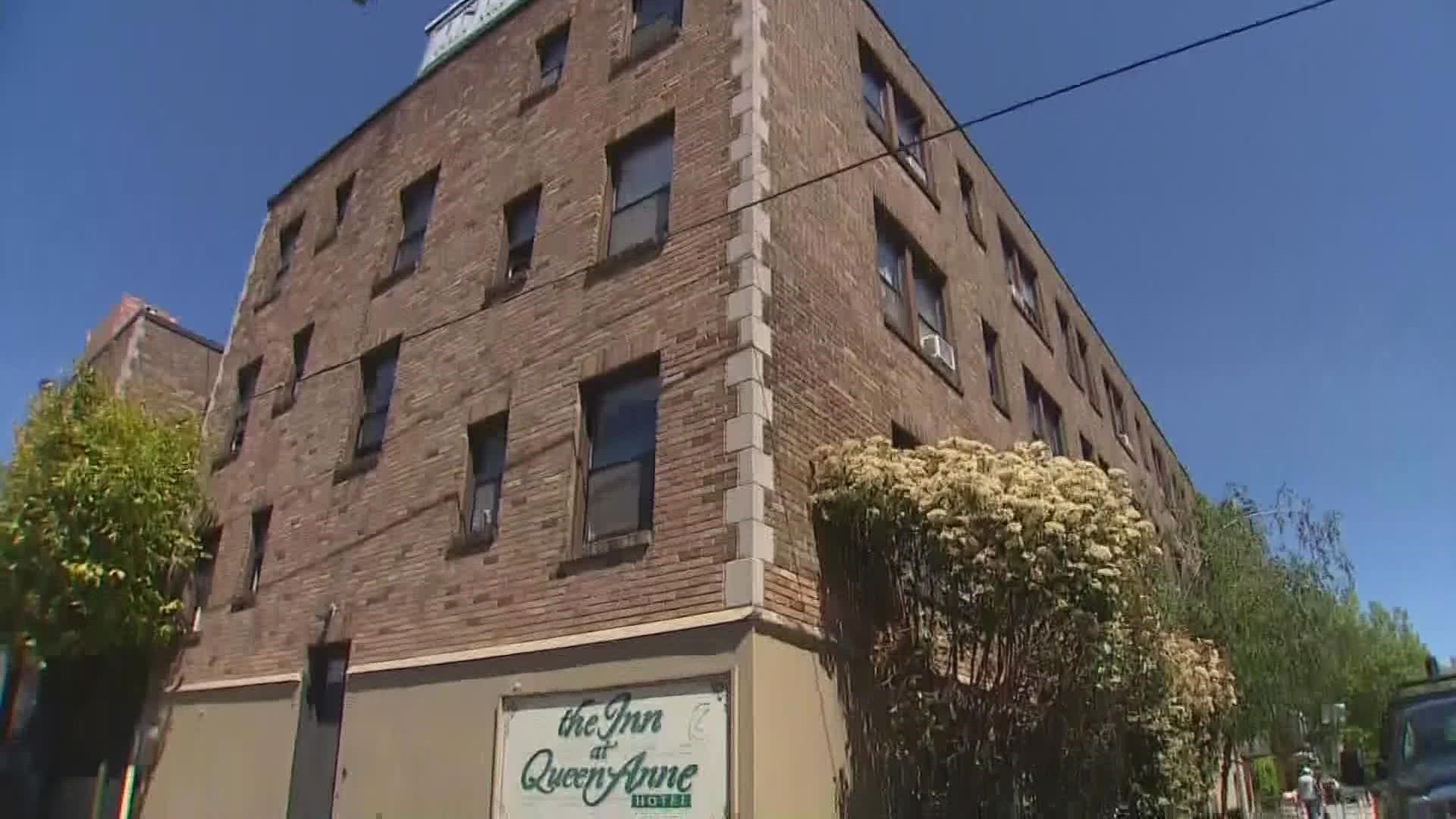SEATTLE — Seattle's eviction moratorium officially ended Monday, two years after it was enacted.
On Feb. 22, the Seattle City Council voted 5-3 against a proposal to extend the moratorium for the eighth time since March 2020. The vote followed an announcement from Mayor Bruce Harrell that the moratorium would end on Feb. 28.
Seattle City Councilmember Kshama Sawant called for the moratorium to continue through the end of the COVID-19 public health emergency. That end date has not been determined. Sawant argued the city is on the edge of an eviction crisis.
However, Harrell's office said it's difficult to track the number of people who have benefited from the moratorium.
Earlier in February, Harrell announced a final two-week extension to push the moratorium's expiration date to the end of the month and directed the Office of Housing to distribute more than $25 million to support vulnerable renters and small landlords.
The city also created a new webpage with resources that includes offering free legal and financial help, and information on various protections like the protection that offers six months of assistance for tenants who have suffered financially and can't pay rent.
Despite the resources offered by the city, Tram Tran-Larson, the community engagement manager with the Housing Justice Project, believes the end of the eviction moratorium may lead to tens of thousands of evictions.
"Seattle has pretty consistently made up like a quarter of all the evictions in king county alone, so we're looking at 30,000 households potentially being at risk for eviction," said Tram-Larson.
Funding for rental assistance for all of King County is also running out. The county will stop accepting new applications for the Eviction Prevention and Rental Assistance Program at 11:59 p.m. on Monday. Funds are running out with 11,245 households still assigned to a provider and 10,943 applications that have pre-registered and are waiting for assistance.
The county said it received an additional $66.5 million for the EPRAP program from the state's Department of Commerce. That money will be used to fund remaining applications but it will not serve all pre-registered households.
The Housing Justice Project estimates 5,000 to 7,000 households could be left behind when funding runs out. Witter said running out of money isn't the only problem.
Housing advocates said the city and county should be looking at a long-term solution as rental assistance and the eviction moratorium expire.

